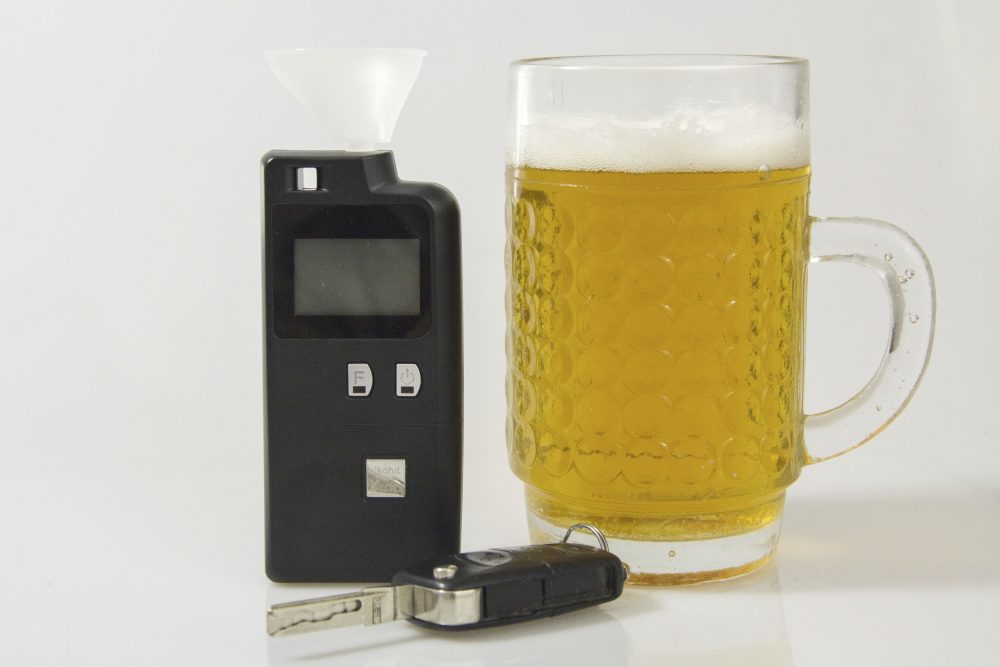Refusing a Breath Test in South Australia. What are my rights?

Beer and car key. Don’t drive. Free public domain CC0 photo.
If you’re asked by a police officer to submit to an alcotest or breath analysis or both, the law in South Australia expects you to obey with such a direction. The purpose of this blog is to explore the legal grounds for such a request and the obligations of the requested party, as well as their rights. This blog also explores the circumstances in which an alcotest or breath analysis can be refused and potential defences to any subsequent charge that proceeds to court.
The Law
The Road Traffic Act 1961 (SA) (the Act) is the authority for alcotests and breath analysis tests in South Australia and states as follows at section 47E:
1. Subject to this Act, if a police officer (whether or not performing duties at or in connection with a driver testing station) believes on reasonable grounds that a person –
- is driving, or has driven, a motor vehicle; or
- is attempting, or has attempted, to put a motor vehicle in motion; or
- is acting, or has acted as a qualified supervising driver for the holder of a permit or licence,
the police officer may require the person to submit to an alcotest or a breath analysis, or both.
So what’s the difference between an alcotest and a breath test?
An alcotest means a test by means of an apparatus of a kind approved for the conduct of alcotests, and a breath analysis is the analysis of breath using a breath analysis instrument. The alcotest is generally the first administered by police and they’ll ask you to exhale into a device. If that test returns a positive reading for prescribed concentration of alcohol, it then becomes a requirement to engage in a breath analysis.
Section 47E continues:
2. A police officer may direct a person driving a motor vehicle to stop the vehicle and may give other reasonable directions for the purpose of making a requirement under this section that a person submits to an alcotest or a breath analysis.
The penalties for refusing an alcotest or breath analysis are significant. For a first offence, the maximum penalty for failure to comply with a lawful direction is a fine between $1,100.00 – $1,600.00 and for a second or subsequent offence, the Court imposed fine will be between $1,900.00 – $2,900.00. In addition to this, you will also incur 6 demerit points and, if convicted, a Court must also disqualify your drivers licence. In the case of a first offence, your licence would be disqualified for at least 12 months, and if it is a subsequent offence, your licence disqualification period would be at least 3 years. In determining whether or not it is a first or subsequent offence, the Court will consider your past drink or drug driving history.
Possible defences
Section 47E(4) of the Act stipulates circumstances which give rise to a defence to a prosecution of this nature. Simply put, that section considers:
- The lawfulness or otherwise of the direction;
- The opportunity to comply with the requirement or direction after having been given the prescribed oral advice in relation to the consequences of refusing or failing to comply with the requirement or direction;
- Whether or not “good cause” exists for the refusal or failure to comply with the requirement or direction; and
- Non-compliance by reason of some physical or medical condition of the person, and a subsequent request that a sample of blood be taken by a medical practitioner, and the facilitation of that request, including consideration of place and time.
The statutory defences have been considered extensively through the courts. For example, there is significant case law on what constitutes “good cause”. Because every case falls on its own facts, it’s important to seek legal advice as to your personal circumstances, with consideration to your past driving and criminal history.
Get in touch!
TGB’s criminal law team specialise in a broad range of criminal allegations and traffic offences in South Australia, Western Australia and the Northern Territory.
If you require assistance or wish to confidentially discuss any traffic issue, please contact TGB’s expert criminal lawyers today on (08) 8212 1077 to set up an initial meeting.